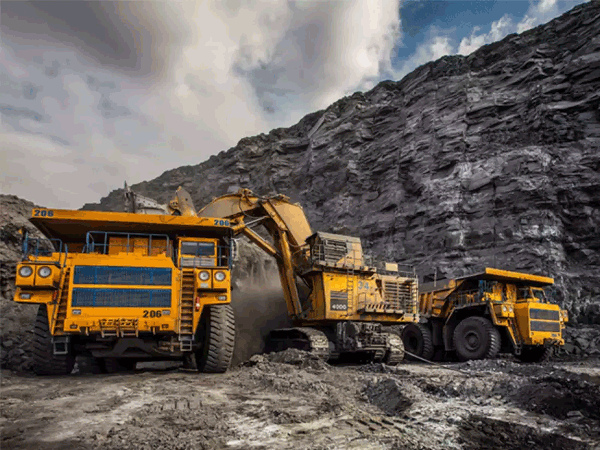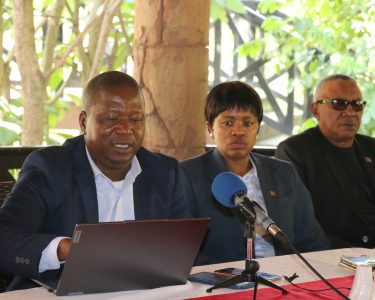
By Ntombi Mhlongo
Eswatini’s trade partner, the Republic of South Africa has been listed as one of five critical mineral producers in Africa.
This has been done by the International Energy Agency (IEA) which has stated that essential for the implementation of clean technologies and the establishment of energy security, Africa’s critical minerals are becoming increasingly attractive to global energy and mining players, particularly as the energy transition continues to stimulate demand and discoveries reveal large-scale deposits.
According to the IEA, the average amount of mineral resources needed for a new unit of power generation capacity has increased by 50 per cent since 2010, as the share of renewables in new investment continues to rise.
The agency said with electric batteries requiring lithium, nickel, cobalt, manganese and graphite, magnets essential for wind turbines, electric vehicle motors requiring rare earth elements (REE), and electricity networks relying on a significant amount of copper and aluminum – Africa’s critical mineral wealth now represents a cornerstone for the global energy transition.
Below are the top critical mineral-producing countries in Africa in 2023.
Read More: More money needed for second phase of minerals survey
The first country on the list is the Democratic Republic of the Congo (DRC) which is said to represent one of the wealthiest nations worldwide in terms of critical mineral reserves and has the potential to become a globally competitive mining hub.
The DRC, the IEA said, contains 70 per cent of the world’s cobalt reserves, a key metal for the production of electric vehicles and batteries, with its largest mine producing up to 95 000 tons, or approximately 41 per cent of global production.
“Additionally, the country offers some of the highest quality of copper reserves globally, with its copper belt attracting a slate of players interested in tapping into the global power market. Critical minerals represent the highest contributors to the Congolese economy, responsible for up to 95 per cent of the value of its exports,” it was highlighted.
SA is second on the list and is cited as a leading producer of several critical minerals, including platinum group metals (PGM), manganese, chromium and vanadium – all of which are essential for the production of batteries and renewable energy components.
It was mentioned that the country’s Steenkampskraal mine in the Western Cape has the highest grade in the world, while the country is additionally responsible for 60% of the global manganese supply, 75 per cent of the platinum supply, and 40 per cent of the palladium supply.
Zimbabwe is also on the list and is cited as another major producer of PGMs including platinum, palladium, and rhodium, producing up to 15 metric tons of platinum alone in 2021.
Read More: Minerals discovery opens opportunity for investors to unlock mining sector
It was said that the country also holds the largest lithium deposits in Africa, with its Bikita Mine boasting up to 10.8 million tons of lithium ore reserves.
“Essential for the production of batteries for electric vehicles, the country is well placed to become a leading supplier for the emerging global electric vehicle market,” it was highlighted.
As expected, Namibia made it to the list as it is said to be home to significant deposits of REEs including dysprosium and terbium –necessary for the production of permanent magnets in the batteries of electric cars and wind turbines – as well as uranium.
Representing a critical mineral for the production of nuclear power, Namibia’s status as a globally competitive producer offers newfound opportunities for nuclear adoption in Africa. With some sizable mining projects currently underway, including the Eisenberg Rare Earth Minerals project and Lofdal Mmine, the country is positioning itself to become a critical mineral hub in the region.
Not to be outdone, Ghana completed the list as it was cited as a producer which boasts of a diverse range of critical minerals essential for various industrial and technological applications, Ghana has emerged as a major producer of bauxite, manganese, lithium, and REEs.
It was mentioned that recent high-profile lithium discoveries are also set to position the country as a global producer and exporter, with projects such as the 14.5-million-ton Ewoyaa Mmine expected to start producing in 2024.






